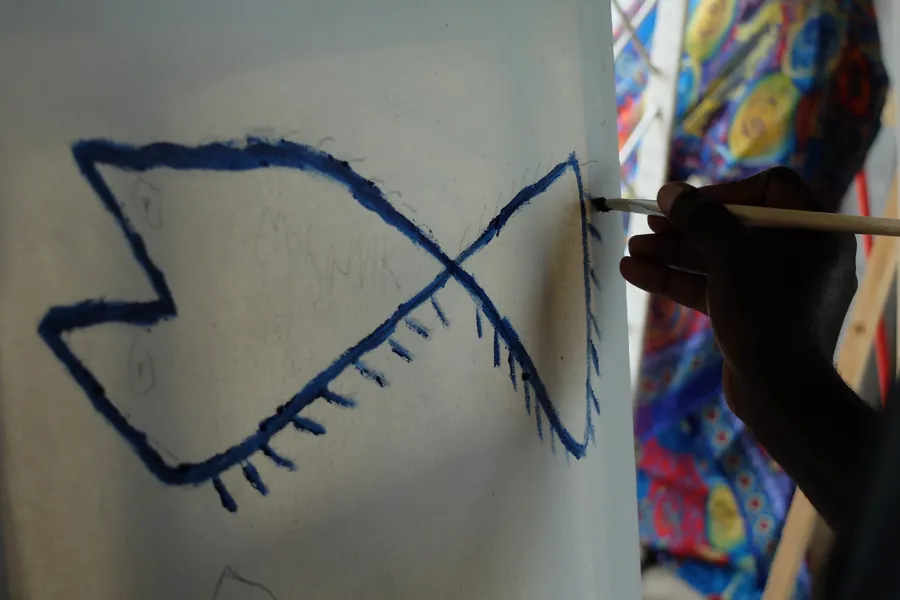Zanzibar
Addiction medicine
The project was launched after Mnazi Mmoja Hospital (MMH) made a request to Haukeland University Hospital (HUH), to assist with the rising drug problem on the island.

In February 2013 two representatives from the Department of Addictive Medicine at HUH went to Zanzibar to meet representatives from somatic and psychiatric hospitals, commissions, voluntary organizations, patients, and drug addicts. Afterwards, a collaboration with Kidongo Chekundu Mental Hospital (KCMH) was established.
The main objectives are to build a Detoxification Unit to ensure safe detoxification, preparation of a summary of the patient's somatic and psychological needs, and to develop interdisciplinary treatment.
The focus in the project is to help local government, and local health professionals, to develop their own services relevant to the local population. We focus on activities for the patients, such as Mindfulness exercises, and Progressive Muscle Relaxation (PMR). There was also collaboration with a group of local Zanzibar artists. They offered to conduct sessions at KCMH with the patients, and the result was an exhibition at one of the hotels during the Zanzibar International Film Festival (ZIFF).